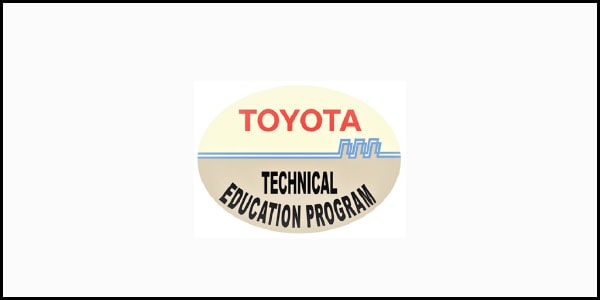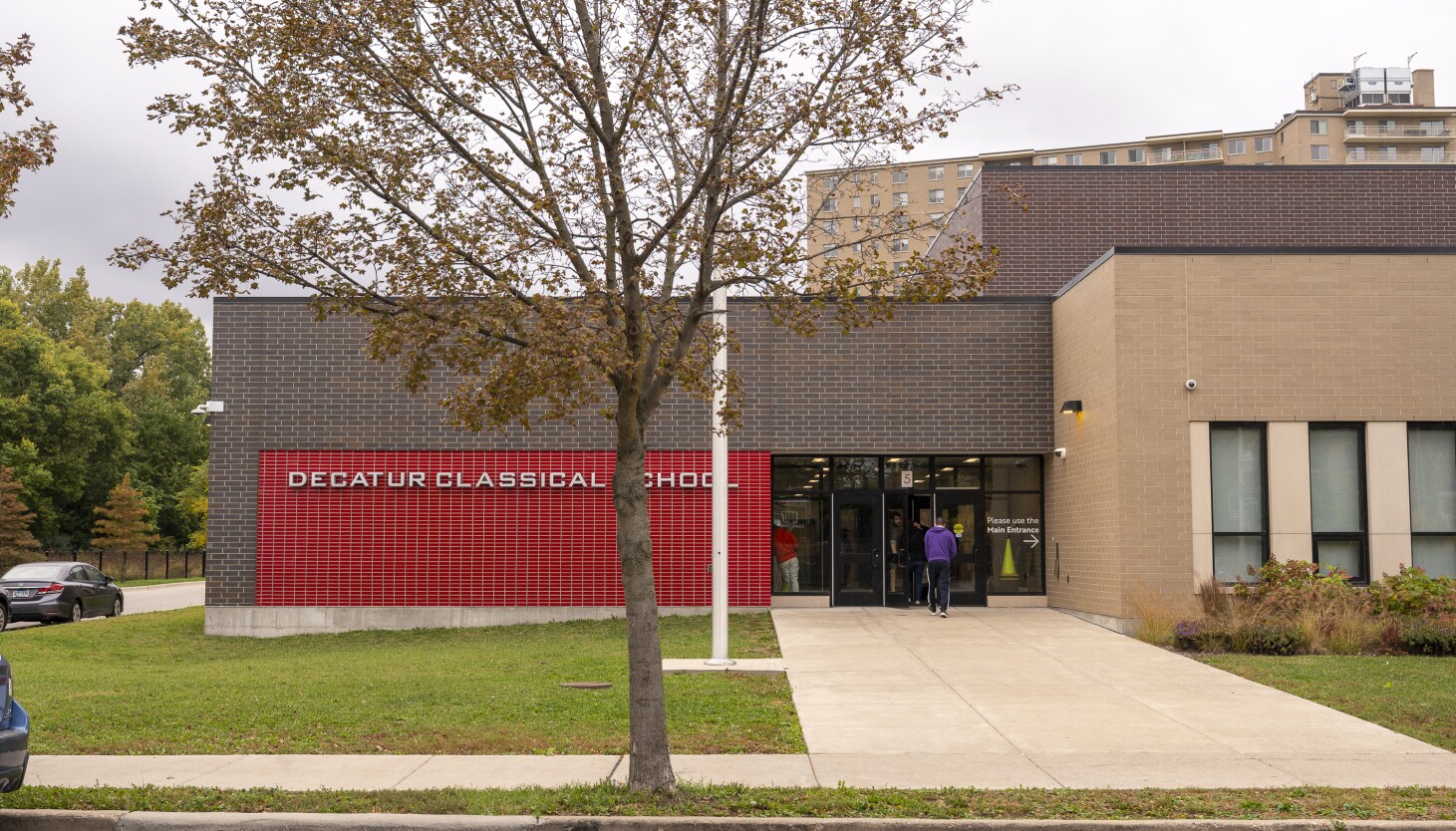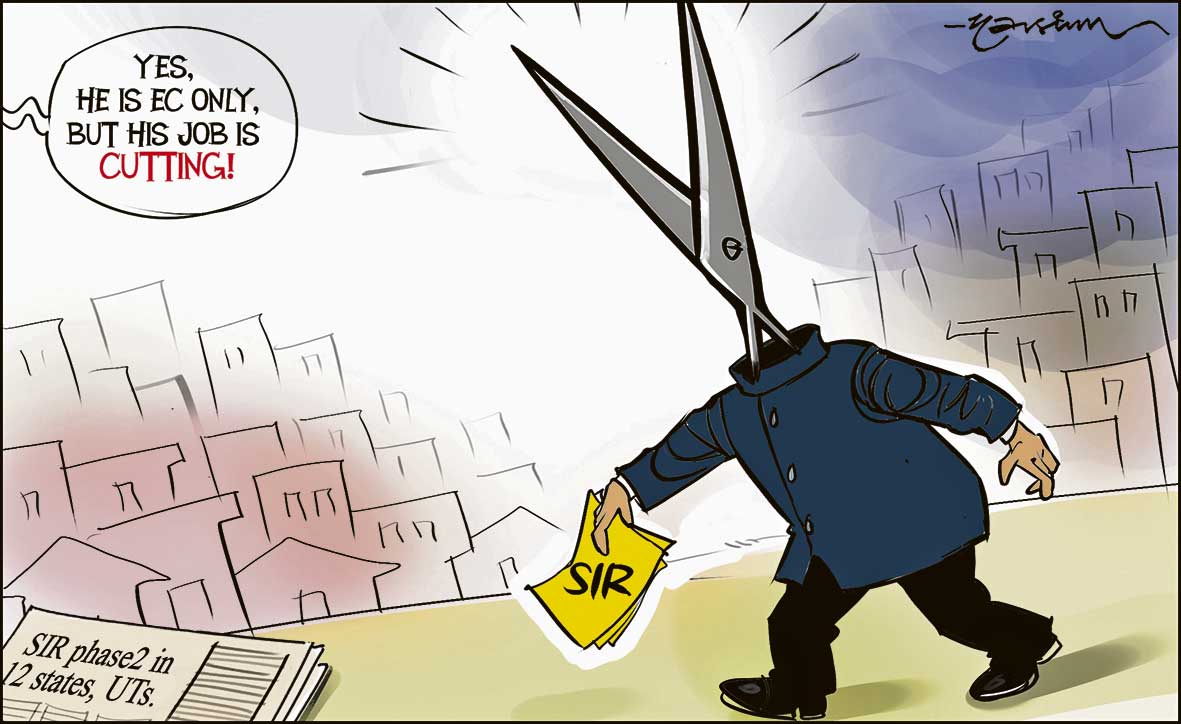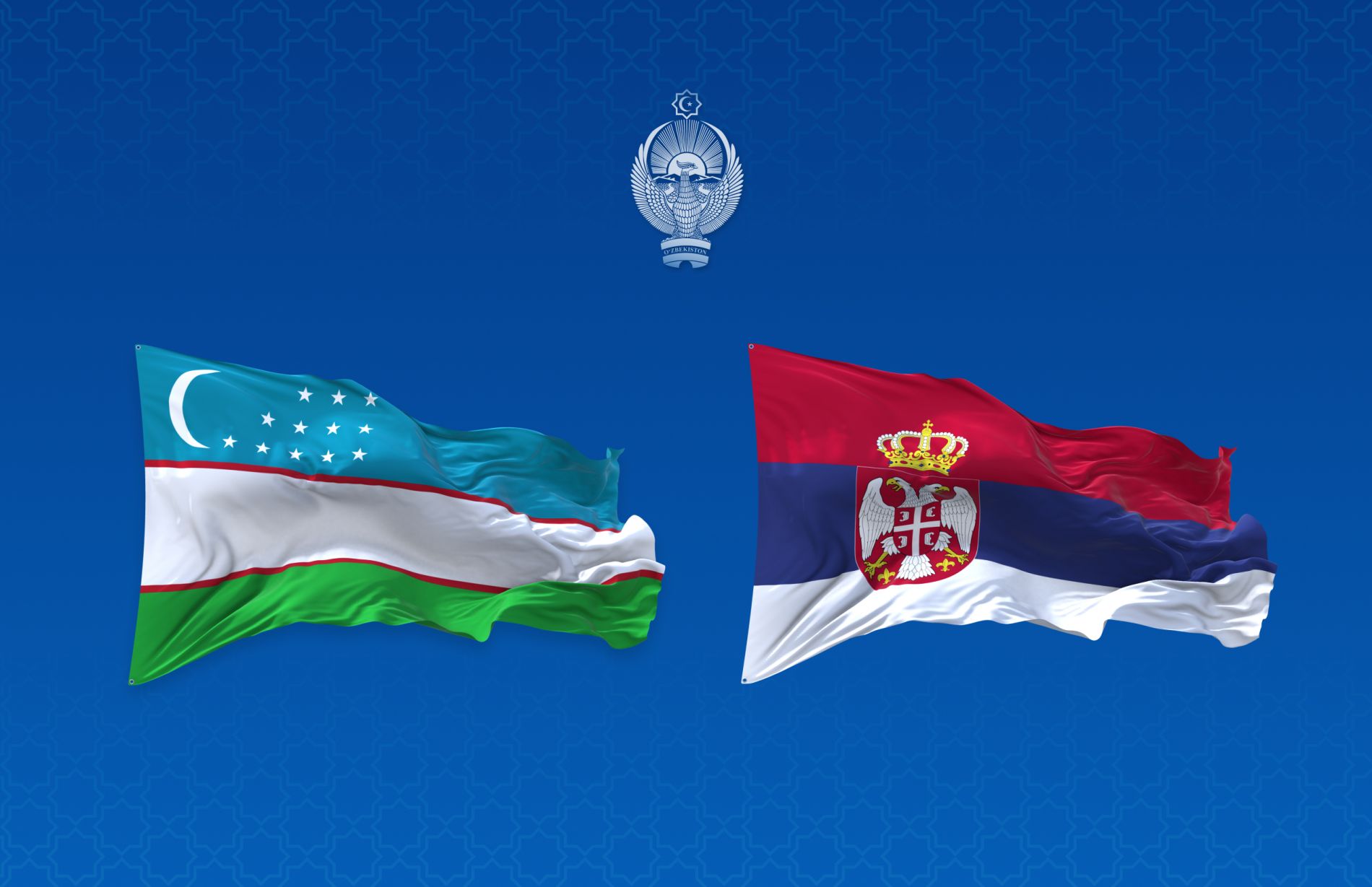Copyright pakobserver

The Toyota Technical Education Program (T-TEP) has quietly but powerfully reshaped technical education and workforce development in Pakistan’s fast-evolving automotive landscape. Launched globally in the 1970s by Toyota Motor Corporation, T-TEP’s mission is clear and impactful—to develop skilled automotive professionals through long-term partnerships with vocational and technical institutes. Over time, this initiative has evolved into a highly successful Public–Private Partnership (PPP) model that demonstrates how industry and academia can collaborate to create a future-ready workforce. In Pakistan, it has become a benchmark for skill development, advanced training, and employment generation. Introduced in 2000, T-TEP has steadily expanded its footprint by establishing five major institutes across Pakistan: the Government College of Technology in Lahore (2000), St. Patrick’s Institute in Karachi (2004), CTTI in Islamabad (2009), NUST College of EME in Islamabad (2023), and the SaifeeEideZahabi Institute of Science & Technology in Karachi (2024). The latest addition, inaugurated on 22 October 2024, marks a new phase in Toyota’s commitment to advancing technical education in the country. Toyota has invested Rs. 114.3 million in T-TEP Pakistan, covering training hardware and tools, service skill trainers (SSTs), technical literature, and operational expenses. This consistent investment ensures that students train on modern, real-world automotive technology rather than outdated equipment. Between 2022 and 2025, T-TEP produced 1,274 graduates, of whom 266 were directly hired by Toyota dealerships. Lahore leads with 644 graduates, followed by Islamabad with 430, reflecting both reach and relevance. The high employment rate underlines T-TEP’s strength as a dependable pipeline for skilled manpower. Students undergo a three-year Diploma of Associate Engineering (DAE) in Automobile Technology that blends theory and practice. They gain hands-on experience with modern diagnostic systems, hybrid and electronic technologies, and problem-solving exercises that make them job-ready from day one. Equally significant is Toyota’s focus on instructor development: sixteen instructors have been trained in Lahore, twelve in Karachi, and eight to nine in Islamabad, contributing to over 600,000 hours of student training. Continuous faculty development ensures standardization and global-level quality across all centers. The program’s impact now extends nationwide. T-TEP graduates are employed in Toyota dealerships, service centers, and across Pakistan’s automotive supply chain. They are helping reduce the country’s skills gap, increasing productivity, and supporting economic growth. This initiative strengthens Pakistan’s technical education ecosystem and reinforces the connection between education and employment. Recognized as one of the most successful examples of Public–Private Partnership in Pakistan, T-TEP exemplifies how corporate expertise and government support can converge to align education with industry needs. Toyota provides technology and training, while government institutes offer infrastructure and access to students. The result is a sustainable model that promotes corporate social responsibility (CSR), strengthens the labor market, and sets a standard for other sectors. Looking forward, Toyota plans to expand T-TEP with new diplomas and certifications from 2025 onward. The company will organize Career Days to connect graduates with employers and introduce specialized programs focused on electric vehicles, hybrid systems, and smart diagnostics. The vision is to scale the program nationwide, enabling Pakistan to stay competitive in the global shift toward electric and intelligent mobility. Behind these achievements are inspiring personal stories—students from modest backgrounds who received technical education through T-TEP and are now working in reputable dealerships, some rising to supervisory and managerial positions. Graduation ceremonies attended by Toyota and government representatives reflect the prestige and credibility that T-TEP has built. Highlighting Toyota’s social commitment, CEO Indus Motors Ali AsgharJamali stated, “The importance of technical education for Pakistani youth cannot be overstated. Through our ‘Toyota Concern Beyond Cars’ platform, we are determined to provide equal opportunities to the youth of Pakistan. Toyota’s dream is to make T-TEP a sustainable and skilled manpower provider for the entire automotive sector.” Pakistan’s growing youth population represents a powerful opportunity. With proper training, this demographic can drive the nation’s economic progress. T-TEP demonstrates that when technical education aligns with industry requirements, it generates employment, fosters innovation, and enhances global competitiveness. The model deserves replication across other industries such as Honda, Suzuki, information technology, construction, and renewable energy. More than just a training initiative, T-TEP stands as a transformative force. Its investment, partnerships, and outcomes show how Pakistan can cultivate a skilled workforce, empower its youth, and accelerate economic development. In a world where skills determine success, T-TEP is lighting the path forward.



